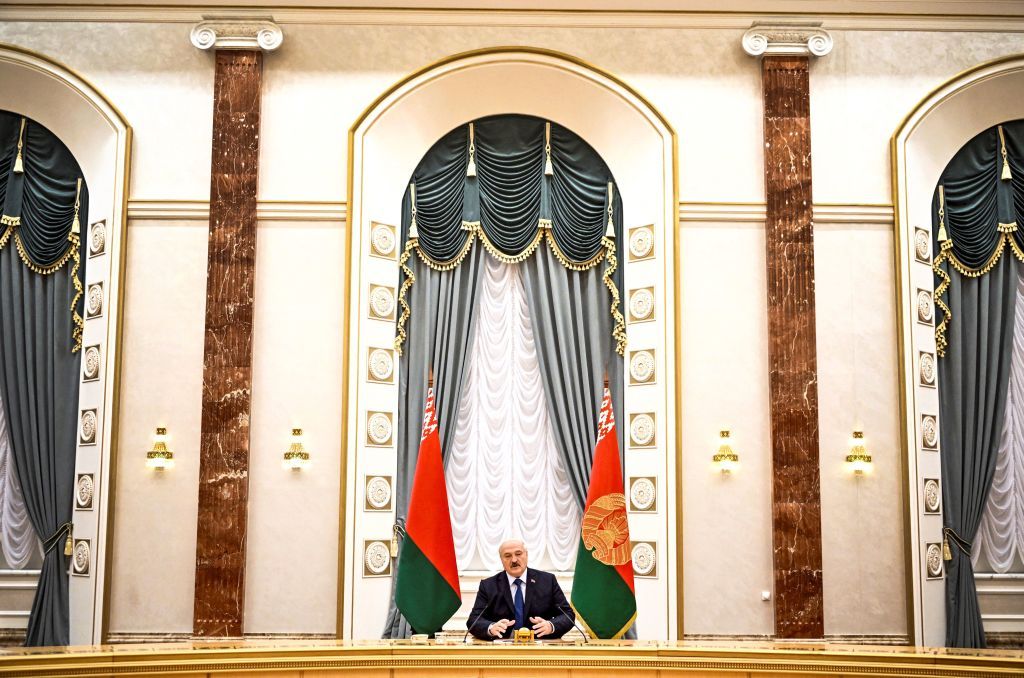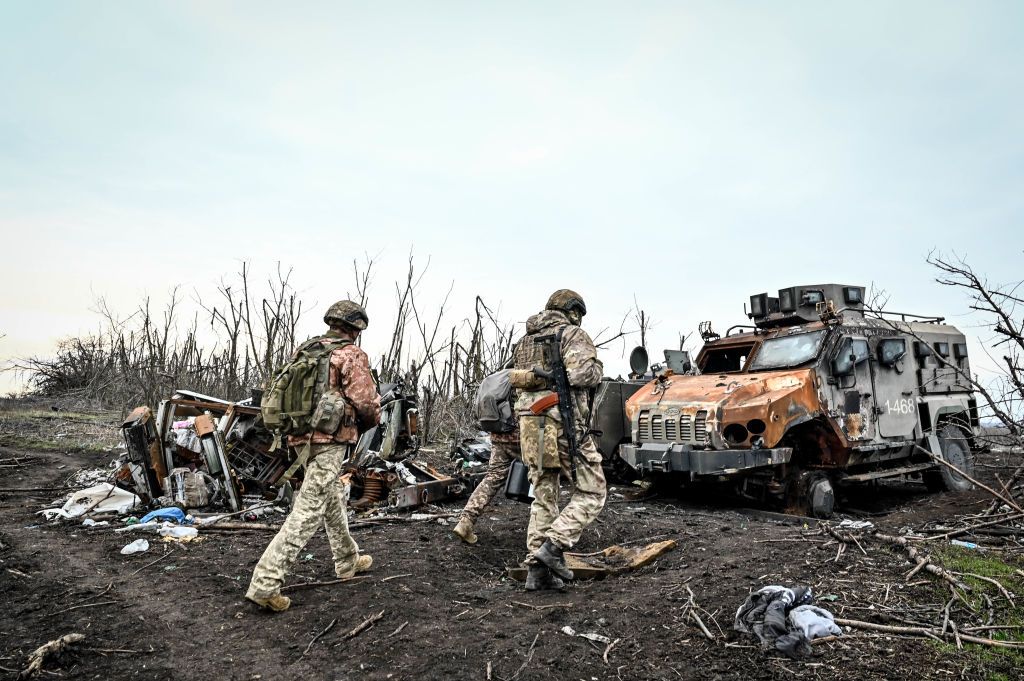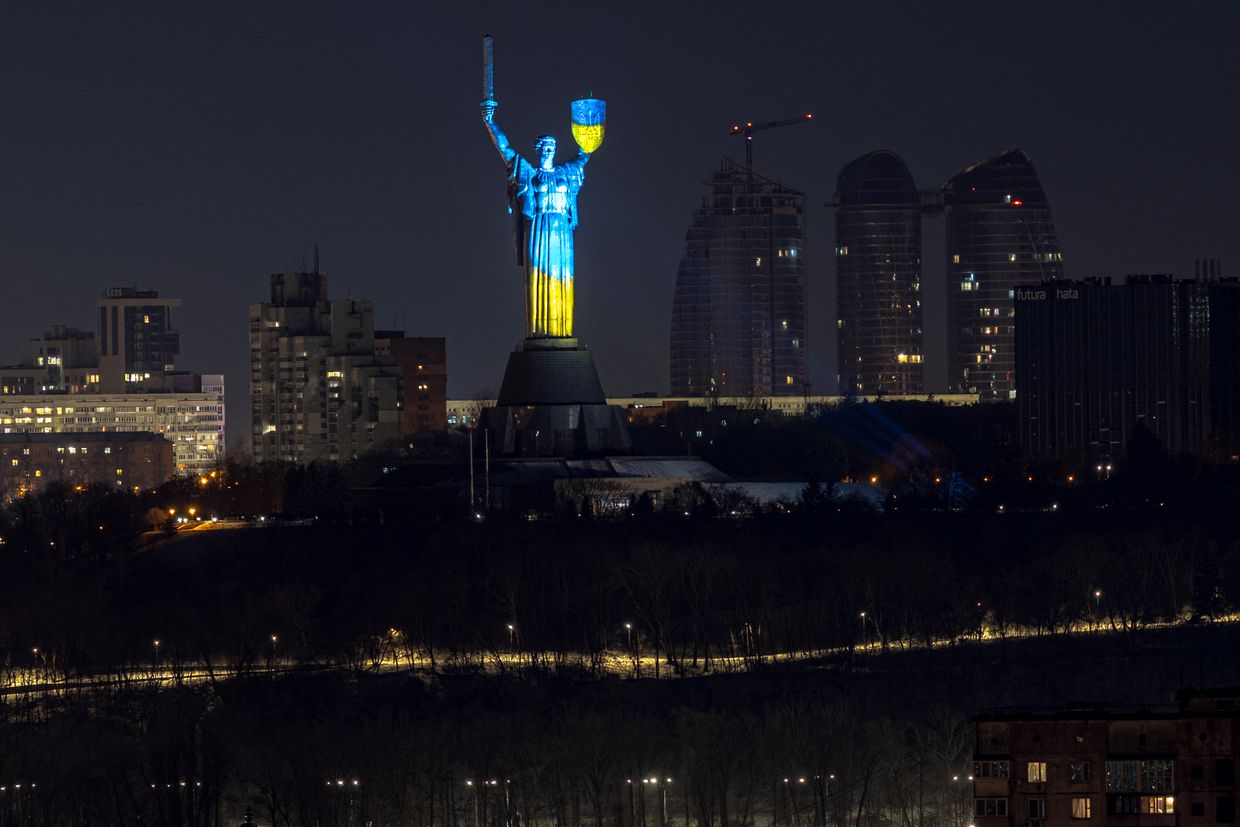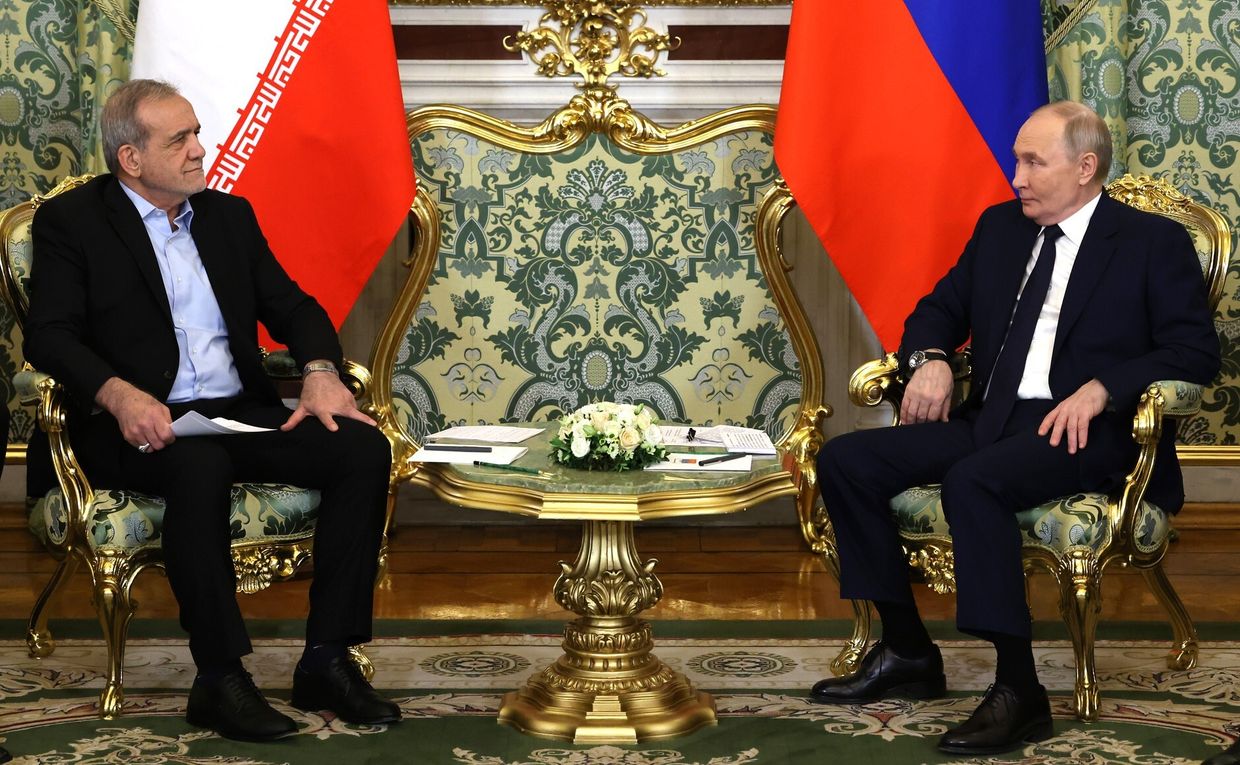Key developments on Feb. 28:
- Military: Russia uses 'human wave' attacks near Krynky in Kherson Oblast
- Belgium pledges $216 million to Czech ammunition initiative for Ukraine
- Bulgaria to send 100 armored vehicles to Ukraine 'in few days,' defense minister says
- Von der Leyen urges Europe to use windfall profits of frozen Russian assets to buy weapons for Ukraine
- FT: Leaked files reveal Russian military's criteria for nuclear strike
Russian troops keep conducting "human wave" assaults without using armored vehicles in an attempt to retake Krynky, Nataliia Humeniuk, Southern Operational Command spokeswoman, said on Feb. 28.
Krynky is a small village in Kherson oblast on the predominantly occupied east bank of Dnipro River. Before the start of the full-scale war, under 1,000 people lived there.
Heavy battles for this village continue. Russian Defense Minister Sergei Shoigu claimed that Russia had captured Krynky, but Ukraine's Southern Operational Command denied it on Feb. 21.
Humeniuk said that during the day, Russia made only one unsuccessful attempt to storm the village as it could not rotate and reinforce its troops. Attacks will likely intensify once the rotation happens, she added.
She added that Ukrainian soldiers are "ready to fight for the positions and currently work on an extension of a bridgehead."
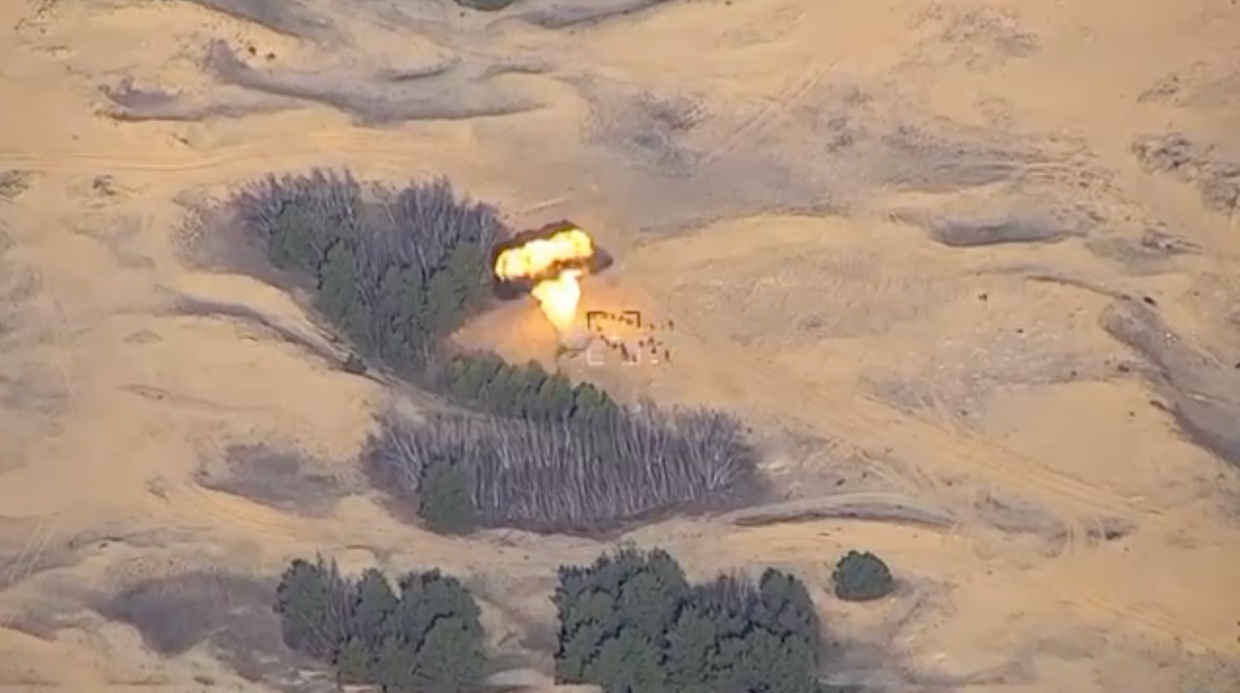
Belgium to contribute $216 million for artillery shells purchase to Ukraine
Belgium will allocate 200 million euros ($216 million) to the Czech-led initiative to purchase artillery shells for Ukraine from outside the EU, Belgian Prime Minister Alexander De Croo said on Feb. 28.
As Ukraine faces critical ammunition shortages due to delays in U.S. aid, Czech President Petr Pavel said that Prague identified 800,000 artillery shells abroad that could be sent to Ukraine if allies secure financing.
The overall cost of the purchase is estimated at $1.5 billion, the Financial Times reported.
"We can never match the sacrifice Ukraine is making every day," De Croo said on social media.
"But we can give President (Volodymyr Zelensky) what he requested- more ammunition to fend off the Russian aggressor."
Zelensky thanked Belgium for its commitment, saying, "Such resolute and timely actions are exactly what we need to defend freedom in Ukraine and across our Europe."
The Netherlands has pledged 100 million euros ($108.3 million) to the initiative. Other countries, including Canada and France, also publicly supported the plan.
Czech Prime Minister Petr Fiala said on Feb. 26 that 15 European countries had signaled support for the initiative.
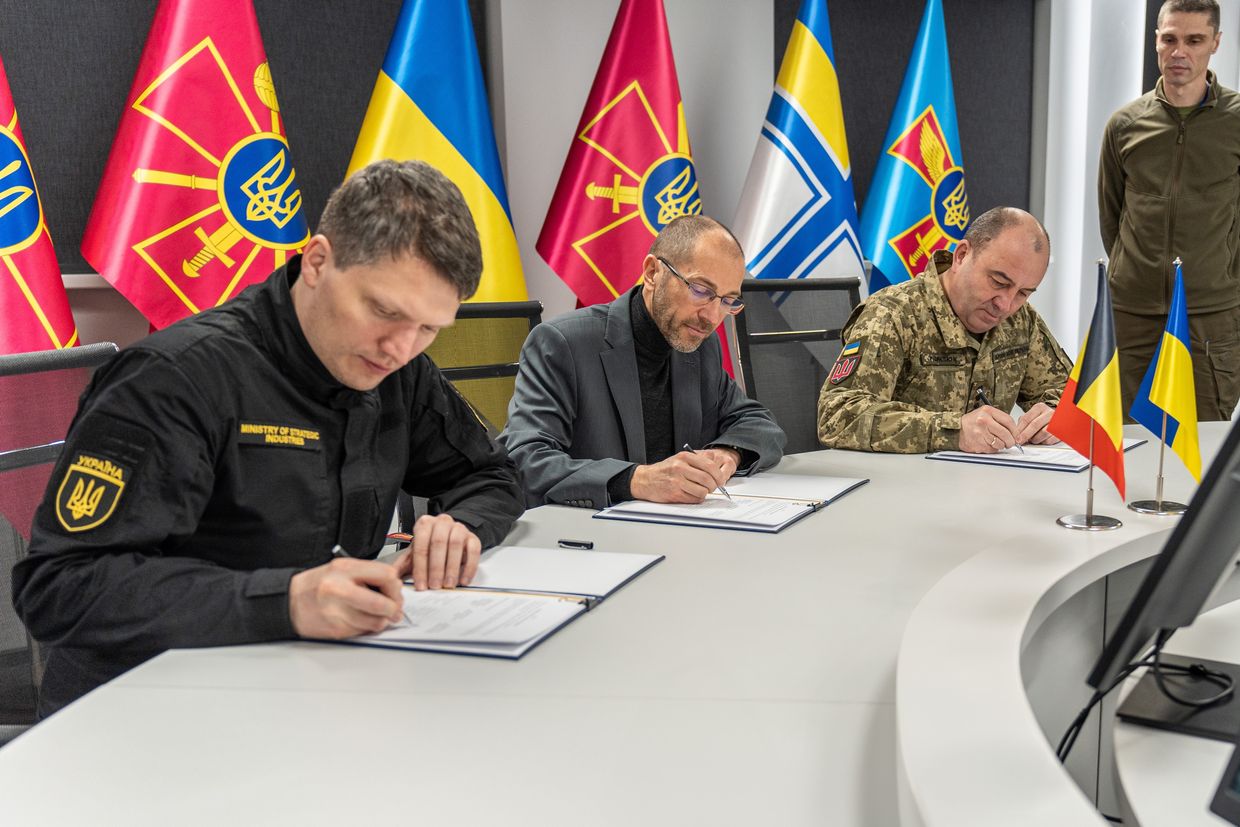
Bulgaria to supply Ukraine with 100 armored vehicles 'in few days'
Bulgarian Defense Minister Todor Tagarev announced the delivery of 100 armored personnel carriers (APC) "in a few days," the Bulgarian channel BTV reported on Feb. 28.
"The armored personnel carriers are still in Sofia. They will be transferred in a few days, but I will not say the precise dates," Tagarev said.
The Bulgarian parliament approved the supply of 100 armored vehicles from the Interior Ministry's stocks to Ukraine last December, together with armaments and spare parts, free of charge. The decision to send the APCs had to override a veto by Bulgarian President Rumen Radev.
The delivery of armored vehicles was previously delayed due to high shipping costs. Tagarev said the Bulgarian side waited for NATO partners to help with the expenditures for transport.
The Bulgarian defense minister also said Bulgaria has already provided Ukraine with $47 million in aid.
Bulgaria and Ukraine agreed on armored personnel carriers' delivery in July 2023 after Bulgarian Prime Minister Nikolai Denkov met with President Volodymyr Zelensky in Bucharest.
According to Denkov, the Bulgarian Armed Forces had never used these APCs as its soldiers had not had the required training.
Bulgaria has become increasingly supportive of Ukraine as the war has progressed. Denkov's government took a decisively pro-Kyiv stance and committed arms supplies to Ukraine despite opposition from Radev.
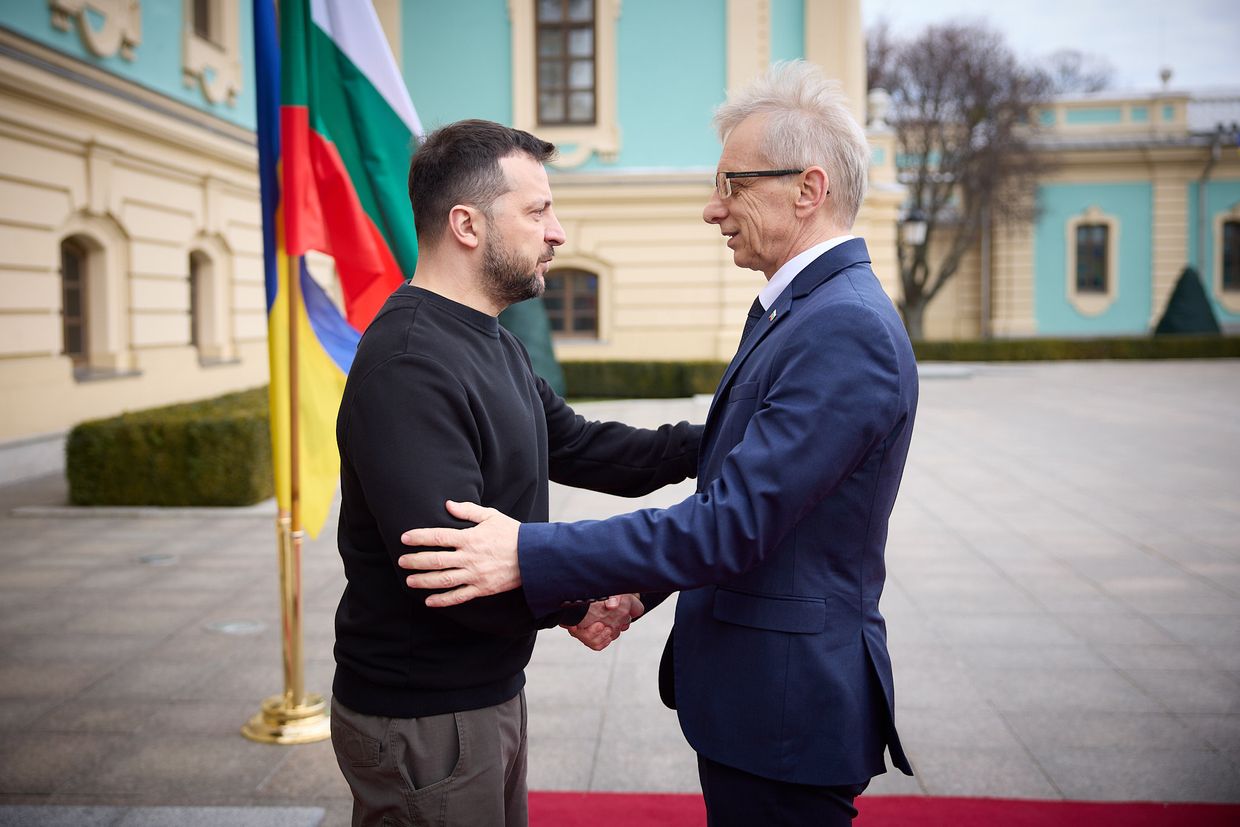
Von der Leyen urges to use frozen Russia assets to arm Ukraine
European Commission President Ursula von der Leyen urged members of the European Parliament "to start a conversation about using the windfall profits of frozen Russian assets to jointly purchase military equipment for Ukraine."
"There could be no stronger symbol and no greater use for that money to make Ukraine and all of Europe a safer place to live," von der Leyen said during a speech at the European Parliament on Feb. 28.
Western countries and other partners froze around $300 billion of the Russian Central Bank's assets at the beginning of the full-scale invasion.
Debates over the legality of channeling these funds into Ukraine's reconstruction have prevented allies from transferring the money, but ongoing delays in U.S. military aid have prompted heightened urgency.
"The cost of insecurity – the cost of a Russian victory – is far greater than any saving we could make now. This is why it is time for Europe to step up," von der Leyen said.
Earlier, U.S. Treasury Secretary Janet Yellen also said that unblocking frozen Russian Central Bank assets and diverting those funds to aid Ukraine is "necessary and urgent."
The European Union on Feb. 12 announced a new set of measures targeting profits from frozen assets belonging to the Russian Central Bank.
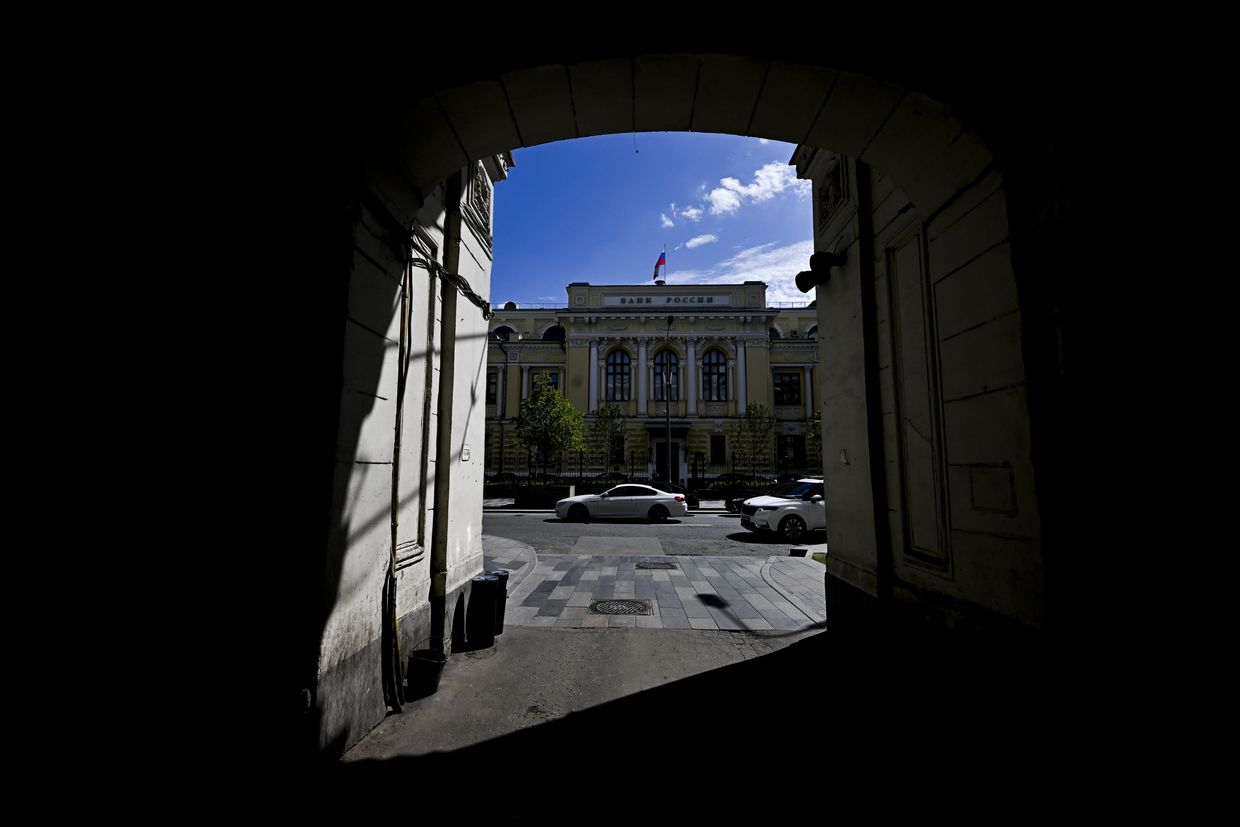
FT: Leaked files reveal Russian military's criteria for nuclear strike
Leaked military documents outline Russia's doctrine for tactical nuclear weapons use, including the minimum criteria for using tactical nuclear weapons, the Financial Times (FT) reported on Feb. 28.
Russia's tactical nuclear weapons are designed for use on the battlefield in Europe and Asia, and have a more limited range compared to strategic nuclear weapons, which could reach the U.S.
The 29 Russian military files, which date between 2008 and 2014, indicate a threshold "lower than Russia has ever publicly admitted, according to experts who reviewed and verified the documents," the FT said.
The criteria range "from an enemy incursion on Russian territory to more specific triggers, such as the destruction of 20% of Russia's strategic ballistic missile submarines," the FT said.
The destruction of three or more large surface warships, three airfields, 30% of its nuclear-powered attack submarines, or a "simultaneous hit on main and reserve coastal command centers" are also listed as potential conditions for a nuclear strike.
The documents also indicate a distrust of China, despite growing ties between Moscow and Beijing. According to the Financial Times, Russia's eastern military district conducted exercises that envisaged a hypothetical attack by China.
Moscow may fear that Beijing could take advantage of its military focus toward the West, and launch an attack across the border to gain territory in Russia's Far East, the Financial Times said.
The Financial Times highlighted that Russia continues to conduct military exercises near China, holding exercises in June and November 2023 in regions bordering China using nuclear-capable missiles.
William Alberque, director of strategy, technology, and arms control at the International Institute for Strategic Studies, told the Financial Times that Russia likely has a higher threshold for using tactical nuclear weapons against Ukraine due to fears it would likely "escalate the conflict and lead to direct intervention by the U.S. or U.K."
